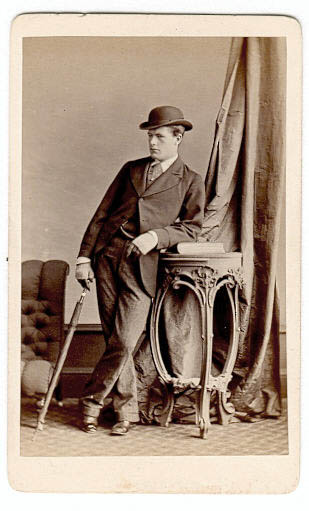It is very difficult to break out of some of one’s gut instincts. Since I was raised in the west, spoon-fed Hollywoodisms from my youngest days and all in the shadow of the cold war east-west mentality it is difficult to really get past some of the “facts of life”.
One such fact is that only evil people torture. Evil torturers fall into different categories such as (1) medieval (e.g. Spanish inquisition), foreign despot (e.g. Idi Amin), (3) total raving nutter (e.g. Hitler). Now despite the fact that I know that these simplifications are not true. Works by people such as Hannah Arendt (Eichamnn in Jerusalem) and Stanley Milgram (Obedience to Authority Study) show that acts of evil are conducted without much passion and by ordinary people.
Reports of torture being carried out by ordinary people systematically appear – and I am shocked. In particular since the organisation carrying them out is bringing democracy and attempting to win the hearts and minds of the people.
Why am I shocked? If I know that people are capable of evil? The only explanation I can think of right now is the lame idea of them and us. Stated simply evil people are them, we are good even though sometimes in error. How depressing that in the face of all the evidence I still cannot get beyond this gut reaction that they are evil while we are good.
Oh and don’t try to explain the whole thing away by speaking of a few bad apples at the Abu Ghraib prison. That simplification does not work. See for example an editorial in the New York Times (Only the Jailers are Safe, 20 December 2006, via Battleangel)
Donald Vance, a 29-year-old Navy veteran from Chicago, was a whistle-blower who prompted the raid by tipping off the F.B.I. to suspicious activity at the company where he worked, including possible weapons trafficking. He was arrested and held for 97 days â?? shackled and blindfolded, prevented from sleeping by blaring music and round-the-clock lights. In other words, he was subjected to the same mistreatment that thousands of non-Americans have been subjected to since the 2003 invasion.
The culture of cruelty (i.e. the acceptance or tolerance for evil deeds among organisations and in society) is spreading and the more we hear the more we accept. We become (as a society) de-sensitized and tolerant to suffering.
What is the point of fighting for democracy, rights and freedom if the methods used are cruel, inhuman and against democracy, rights and freedom? If we win this fight (against whom?) is it a victory worth having? Or will we like King Pyrrhus declare, after beating the Romans at Asculum (279 BCE) declare that a victory at such a cost is not worth having?

